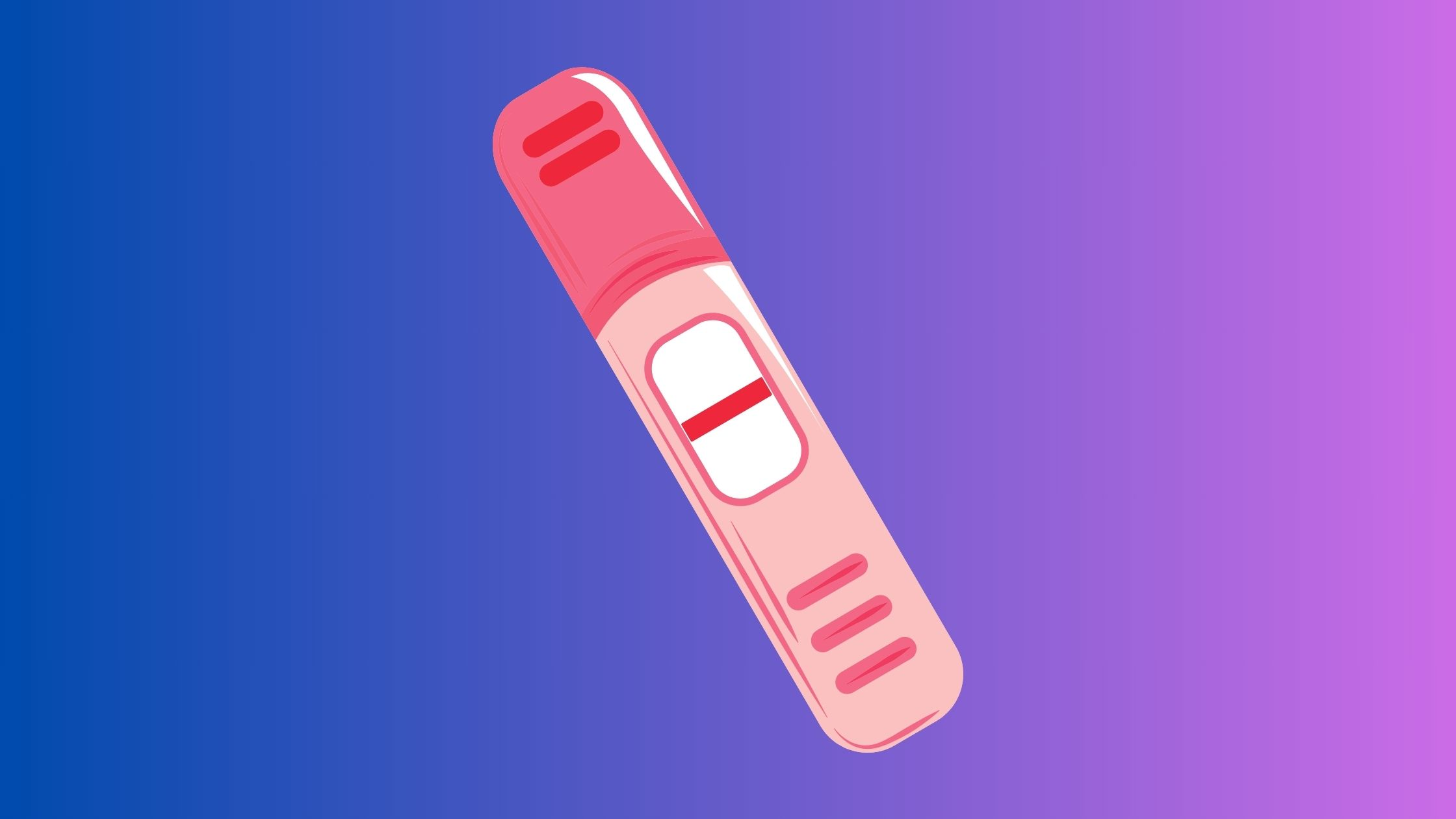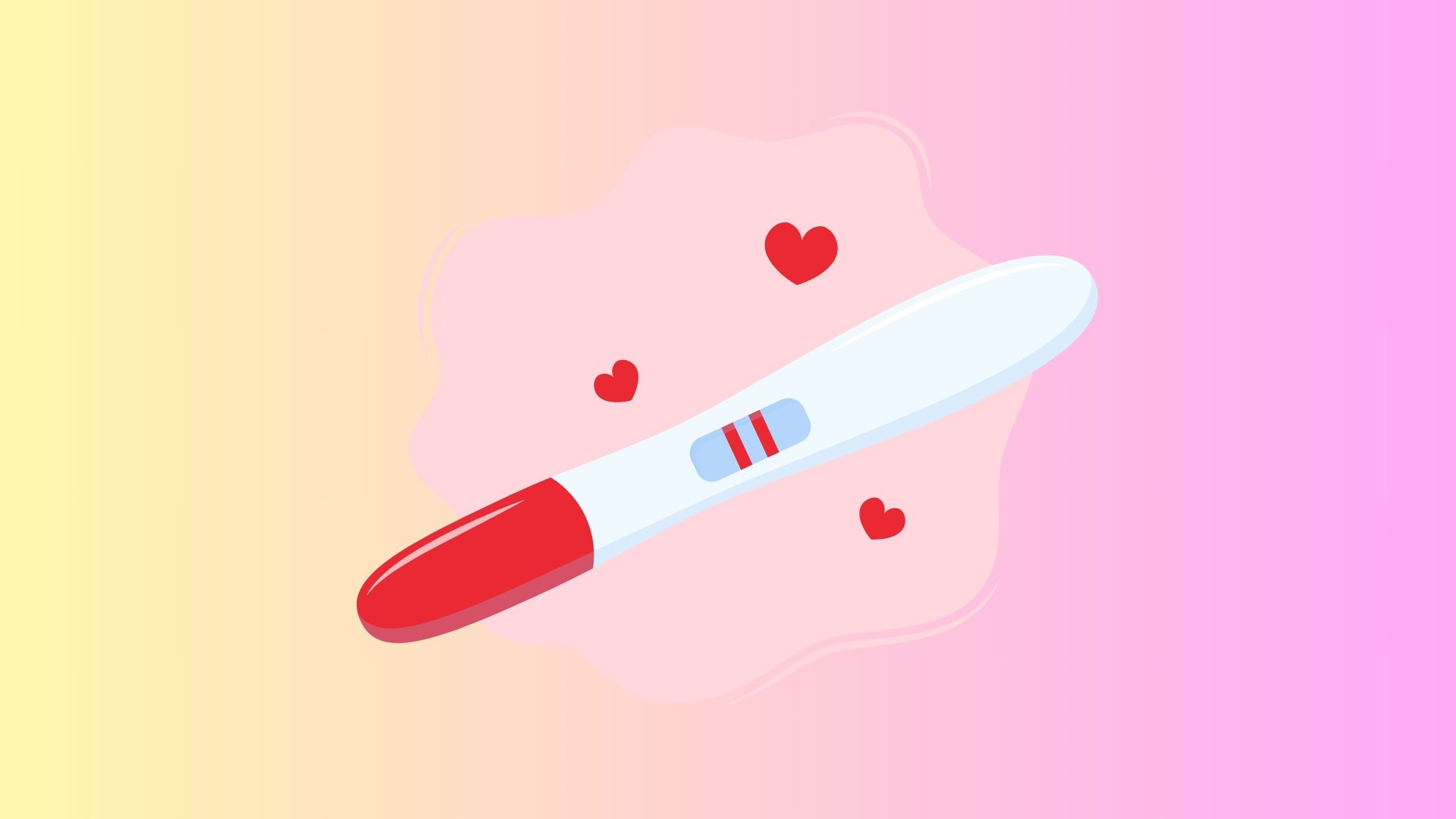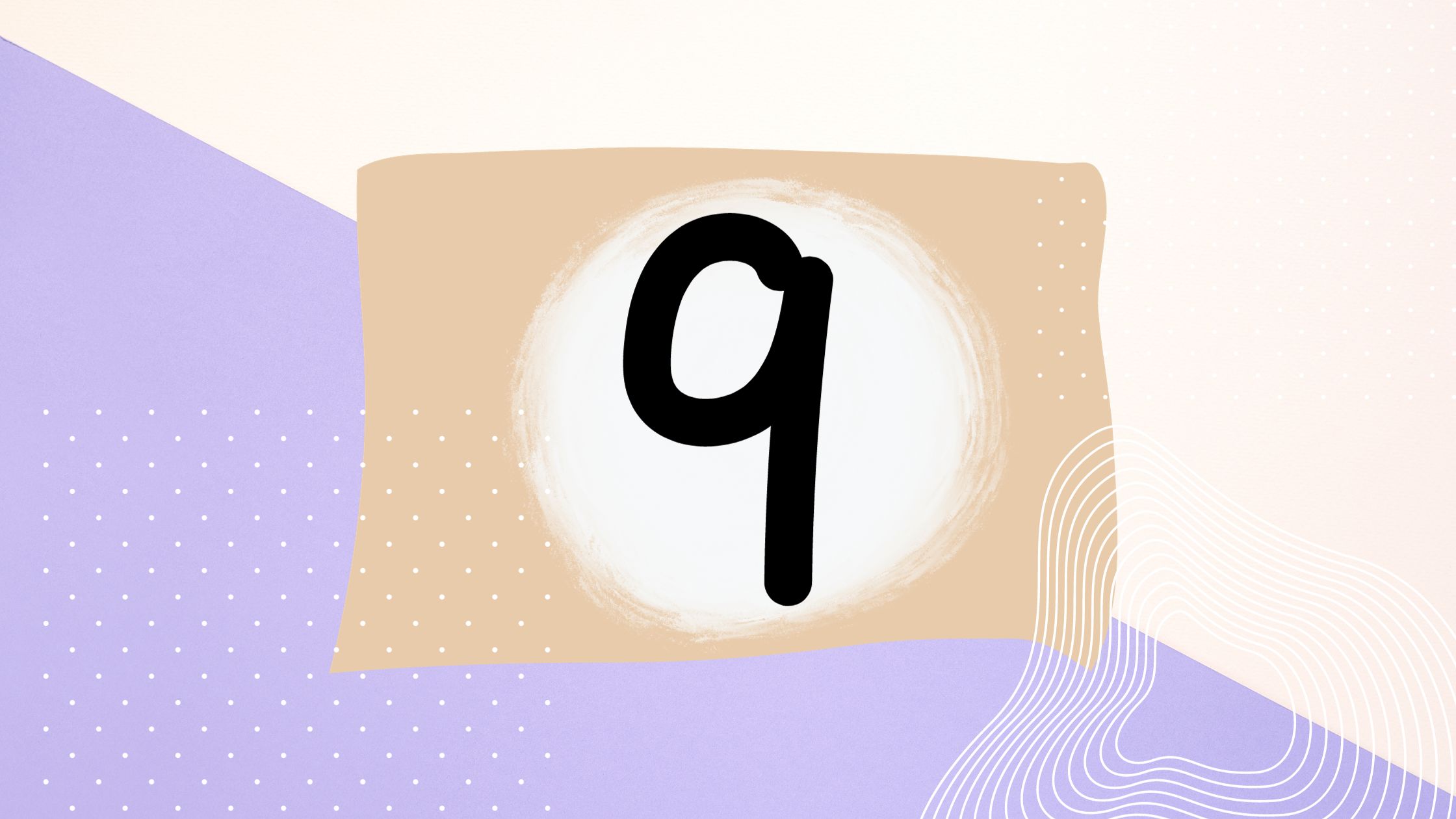When trying to conceive, the anticipation can make the two-week wait feel endless. Many women are eager to confirm their pregnancy, even if they’re not ready to shout it from the rooftops just yet.
Here’s the thing: At 9 days past ovulation (9 DPO), your body starts doing its hormonal tango. It’s either prepping for your next period or, fingers crossed, a baby on board.
Every woman’s experience with pregnancy and menstruation is unique. While some might experience mild pregnancy symptoms at this stage, many don’t notice any changes.
This article highlights the pregnancy symptoms at 9 DPO and their implications. If you believe you might be pregnant and it’s been nine days since ovulation, you might consider testing. But remember that a negative result doesn’t rule out pregnancy. Typically, 9 DPO is too early for a pregnancy test to show a positive result, even though it’s the most common day for implantation.
What Is Happening to Your Body at 9 DPO?
Alright, let’s dive in! At 9 days after ovulation, you’re smack dab in the middle of the luteal phase of your cycle. Now, two main things can go down:
Fertilization Happens
Your body might pump out progesterone, preparing the uterine lining for a potential egg. But here’s the catch: just because the welcome mat is out doesn’t mean the egg will always settle in. If it does, though, that’s what we call implantation. Once that happens, your body starts producing the hormone hCG and increases the release of progesterone to safeguard the emerging pregnancy. Most home pregnancy tests are on the lookout for hCG. However, it may require a few days after the implantation for the levels to become sufficiently high for detection.
No Fertilization Happens
On the flip side, if no fertilization happens, the corpus luteum, which produces progesterone, starts to wind down. Hormone levels take a nosedive, telling the body it doesn’t need the uterine lining this time around, and voila, you get your period.
Here’s the tricky bit: Even if you’re at 9 DPO, your body might still be in the middle of the implantation. That means the fertilized egg is still en route to its new home in the uterus. So, if you’re super eager and take a test, but it’s a no-show, don’t lose heart. A lot is happening inside if you’re pregnant, even if a test doesn’t show it yet. Give it a few more days before taking the test again.
Wondering when you ovulated? If you’re keeping tabs, ovulation usually happens between Day 14 and Day 18 of your cycle. Some women also track their basal body temperature, which has a tiny spike post-ovulation. Others swear by ovulation predictor kits that measure the luteinizing hormone (LH) surge right before ovulation. And your body might even give you some hints like a change in vaginal discharge, a twinge of pain on one side, or even mood swings.
Early Pregnancy Symptoms at 9 DPO
At 9 DPO, some pregnant women might start feeling some common early pregnancy symptoms.
But here’s the kicker: These signs can be subtle and easy to brush off. They can even feel like your typical premenstrual symptoms (PMS).
Why? Blame it on progesterone. This hormone is abundant around 9 DPO, whether you’re pregnant or not. Progesterone is behind regulating your menstrual cycle and in prepping your body for a baby. If an egg does settle in, progesterone production partly shifts gears to form the placenta, ensuring everything’s in tip-top shape for the pregnancy.
But here’s the twist: high progesterone can also be the mastermind behind those pesky premenstrual symptoms. Think sore breasts, tiredness, bloating, and even that annoying backache. So, at 9 DPO, it’s a bit of a guessing game. Early pregnancy symptoms and PMS are like two peas in a pod, making it hard to tell them apart.
Here are some common early signs of pregnancy:
1. Unusual Fatigue

Feeling tired around ovulation is standard, but if you’re at 9 DPO and it feels more intense, it might be a sign that you’re expecting. In fact, this heightened exhaustion can show up as soon as a week after conception.
Once the fertilized egg settles into the uterine lining, typically between 6 and 10 DPO, your body kicks into gear, producing extra progesterone to ensure a healthy pregnancy. This sudden hormone boost can take the wind out of your sails, leading to severe fatigue.
It’s not just the hormones, though. Your body’s working overtime to nurture the pregnancy. This includes changes in blood vessels that supply oxygen to the brain and constructing the placenta. So, even if you’re clocking in those 8 hours of sleep, you might still feel like you’ve run a marathon.
Also, finding out you’re pregnant can be a rollercoaster of emotions, adding stress or anxiety to the mix.
2. Gas and Bloating
Elevated pregnancy hormones can decelerate the digestive process, leading to increased gas, even as early as 9 days past ovulation. One might also experience constipation during this period. Due to the slowed digestive process, food retention is prolonged in the stomach and intestines, which may result in bloating.
3. Nausea

Morning sickness, which can hit you any time of the day, is a telltale sign of early pregnancy. A whopping 80 percent of pregnant women get this not-so-fun symptom.
American Pregnancy Association says that 4 out of 5 women might feel this pregnancy-related nausea even before they miss their period. But here’s a curveball: Just because you’re feeling nauseous at 9 DPO doesn’t mean you’re pregnant. It just might be the usual pre-period symptom, which will likely fade as your period approaches. But if there’s a baby on board, expect the rollercoaster of symptoms to continue in the first trimester.
4. Cramps
Cramping around 9 DPO? Totally normal. It’s one of those early pregnancy signs that can throw you for a loop. Often, it’s just the egg implanting in your uterus. Sometimes, this can even cause a bit of spotting, known as implantation bleeding.
These cramps can feel eerily similar to your regular premenstrual symptoms or period pains. So it’s easy to get them mixed up. And things can get a tad confusing with progesterone levels on the rise. While crucial for relaxing muscles like those in your uterus, this hormone can also slow digestion, leading to constipation and cramping.
As your womb grows and stretches, it might throw some growing pains into the mix. It’s a fleeting discomfort for some, but it can be pretty intense for others.
If you’re feeling these cramps, take it easy. Lie down, stretch out, or even try some gentle yoga. But if things get too intense, don’t hesitate to contact your doctor.
5. Headache

In the first trimester, it’s common to experience hormonal changes that can lead to migraines and headaches. However, these signs can often be mistaken for those indicating an imminent menstrual cycle.
6. Backache
As your uterus gets ready to support life, you might feel some backaches, which can easily be mistaken for period pains. By 9 DPO, these little changes, including the occasional cramp, are your body’s way of prepping for the journey ahead. And while it’s still early days, those ligaments in your back stretch out, adding to the aches.
7. Breast Tenderness
By 9 DPO, your body’s hormones are in full swing, leading to noticeable changes in your breasts. They might feel tender, swollen, or even heavier than usual. Don’t be surprised if your areolas darken and enlarge a bit. This is all due to the increased blood flow, hormone surge, and fluid retention that come with early pregnancy.
The veins might become more prominent as your breasts grow, giving them a bluish tint. Especially in the first trimester, you might feel a bit of discomfort or a general ache. But hang in there; as your body gets used to the hormonal changes, these sensations often ease up. If the tenderness gets too much, consider switching to a softer bra or using warm compresses.
8. Spotting
Spotting in early pregnancy is often lighter than menstrual blood. It is experienced by up to 30 percent of pregnant women. This implantation bleeding happens when the fertilized egg embeds itself into the uterine lining.
While it’s generally considered a normal part of early pregnancy, in some cases, it might signal issues like an ectopic pregnancy or early miscarriage. Consulting with a doctor is always a good idea if you’re spotting around 9 DPO and have concerns.
Can Implantation Happen at 9 DPO?
Sure thing! Implantation can indeed happen at 9 DPO. Typically, it happens between 6 to 12 DPO, so 9 DPO is right in the middle. It might be implantation if you notice pregnancy symptoms like cramping or spotting.
But remember, these signs can also be due to other reasons. It’s often too early to detect pregnancy just after implantation since hCG levels need time to rise enough for a positive test result. Some women don’t feel any implantation signs but still get a positive pregnancy test.
Can You Test for Pregnancy at 9 DPO?
While you can test for pregnancy at 9 DPO, it might not be the wisest choice. There’s a good chance you’ll see a negative, even if you’re pregnant. For many women, it’s just too soon for a positive result.
Here’s our advice: Hold off until 12 DPO. Here’s why:
- The egg needs to settle in. A 1999 New England Journal of Medicine study found that this usually happens between 8 to 10 DPO, often on day 9.
- Your body starts producing the pregnancy hormone, hCG. But, it can take a couple of days for it to show up on a test, as a 2008 study in Human Reproduction pointed out.
So, if you do the math, 12 DPO is the earliest you’d likely see a positive result if you’re pregnant. Test before that, and you risk a false negative.
What if You Don’t Have Any Symptoms at 9 DPO?
Don’t worry if you’re not feeling any early pregnancy symptoms 9 days post-ovulation. In fact, many women don’t start feeling pregnant until a couple of weeks after missing their period.
Are you thinking of taking a pregnancy test at 9 DPO? Hold your horses! Many tests return negative at this point, only to turn positive a few days later. One study even showed that less than 10% of women got a positive result at 9 DPO. So, if you’re symptom-free, it doesn’t mean you’re not expecting.
What Does Getting a Negative Pregnancy Test (BFN) At 9 DPO Mean?

If you take a pregnancy test at 9 days post ovulation and it’s negative, don’t jump to conclusions just yet. The test might be too early to detect the hCG hormone in your system. So, a negative result (or BFN) at this stage doesn’t necessarily mean you’re not pregnant. It’s a good idea to wait a few days, maybe until you’ve missed your period, and try testing again. By 12 DPO, most sensitive tests will give pregnant women a positive result.
Can You Get a Positive Pregnancy Test (BFP) At 9 DPO?

While a 9 DPO positive pregnancy test is possible, it may not be reliable. It can take a couple of days after that for hCG levels to be high enough to show in a urine test.
Some women might experience implantation as early as 6 DPO, but that’s pretty rare—happening in less than 0.5 percent of cases. If you’ve heard tales of super early positive tests, those women likely got their ovulation dates mixed up. Many might’ve ovulated sooner than they thought.
Is it Possible To Get a Negative Pregnancy Test At 9 DPO and Still Be Pregnant?
It’s common to get a negative pregnancy test at 9 DPO and then see a positive a few days later. Why? As previously stated, pregnancy tests detect the hCG hormone, which only builds up after a fertilized egg implants in the uterus. This hormone level can differ significantly between women and might take a while to show up on a test. So, don’t get disheartened if you’re feeling some early pregnancy signs but get a negative result. The test might be too soon to pick up those hormone levels.
Frequently Asked Questions (FAQs)
Why Do I Have Cramps 9 Days After Ovulation?
If you’re feeling cramps 9 days post-ovulation, your little embryo might be settling into your uterus for the upcoming 9 months. Yep, implantation cramps can be a sign, though they’re not guaranteed. On the flip side, it could also signal the onset of your period. Without a confirmed pregnancy test, it’s a bit of a guessing game. If the discomfort ramps up, call your doctor.
Can hCG be detected 9 days after conception?
It can, but only if the levels are high enough. For a more accurate reading, it’s a good idea to hold off until a day after your expected period, around 14 or 15 DPO. Remember, a positive result at 9 DPO could also hint at an ectopic pregnancy.
How accurate is a pregnancy test 9 days after ovulation?
It’s common to get a negative pregnancy test at 9 DPO and then see a positive just days after. According to a Fertility Friend study on over 93,000 cycles, only about 10% showed a positive at this stage.
References
Quinla JD, Hill DA. Nausea and vomiting of pregnancy. Am Fam Physician. 2003 Jul 1;68(1):121-8. PMID: 12887118.American Pregnancy Association. (n.d.). Morning sickness. Retrieved from https://americanpregnancy.org/healthy-pregnancy/pregnancy-health-wellness/morning-sickness-during-pregnancy/How Soon Can I Do a Pregnancy Test?. NHS Choices, NHS, 24 Sept. 2018,
www.nhs.uk/common-health-questions/pregnancy/how-soon-can-i-do-a-pregnancy-test/.Mayo Clinic Staff. “1st Trimester Pregnancy: What to Expect.” Mayo Clinic, Mayo Foundation for Medical Education and Research, 26 Feb. 2020, www.mayoclinic.org/healthy-lifestyle/pregnancy-week-by-week/in-depth/pregnancy/art-20047208P.A. Nepomnaschy, C.R. Weinberg, A.J. Wilcox, D.D. Baird, Urinary hCG patterns during the week following implantation, Human Reproduction, Volume 23, Issue 2, February 2008, Pages 271–277, https://doi.org/10.1093/humrep/dem397eMedicineHealth. (n.d.). Bleeding During Pregnancy. Retrieved from https://www.emedicinehealth.com/pregnancy_bleeding/article_em.htmWilcox, A. J., Baird, D. D., & Weinberg, C. R. (1999). Time of Implantation of the Conceptus and Loss of Pregnancy. New England Journal of Medicine, 340(23), 1796-1799. Retrieved from https://www.nejm.org/doi/full/10.1056/NEJM199906103402304Wilcox, A. J., Baird, D. D., & McConnaughey, D. R. (2008). Urinary hCG patterns during the week following implantation. Human Reproduction, 23(2), 271-277. Retrieved from https://academic.oup.com/humrep/article/23/2/271/628663
